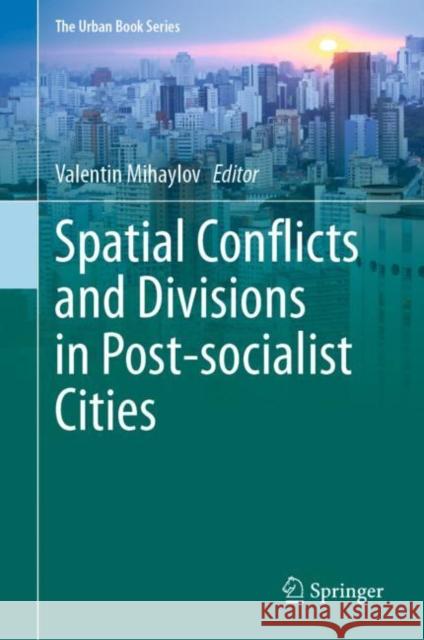Spatial Conflicts and Divisions in Post-Socialist Cities » książka
topmenu
Spatial Conflicts and Divisions in Post-Socialist Cities
ISBN-13: 9783030617646 / Angielski / Twarda / 2020 / 257 str.
Spatial Conflicts and Divisions in Post-Socialist Cities
ISBN-13: 9783030617646 / Angielski / Twarda / 2020 / 257 str.
cena 524,53
(netto: 499,55 VAT: 5%)
Najniższa cena z 30 dni: 501,19
(netto: 499,55 VAT: 5%)
Najniższa cena z 30 dni: 501,19
Termin realizacji zamówienia:
ok. 16-18 dni roboczych.
ok. 16-18 dni roboczych.
Darmowa dostawa!
Kategorie BISAC:
Wydawca:
Springer
Seria wydawnicza:
Język:
Angielski
ISBN-13:
9783030617646
Rok wydania:
2020
Wydanie:
2020
Numer serii:
000789133
Ilość stron:
257
Waga:
0.63 kg
Wymiary:
23.88 x 19.56 x 1.52
Oprawa:
Twarda
Wolumenów:
01











